
ChatGPT has frightened university teachers.
The students who found their way out began to use ChatGPT to generate papers and got an A score.
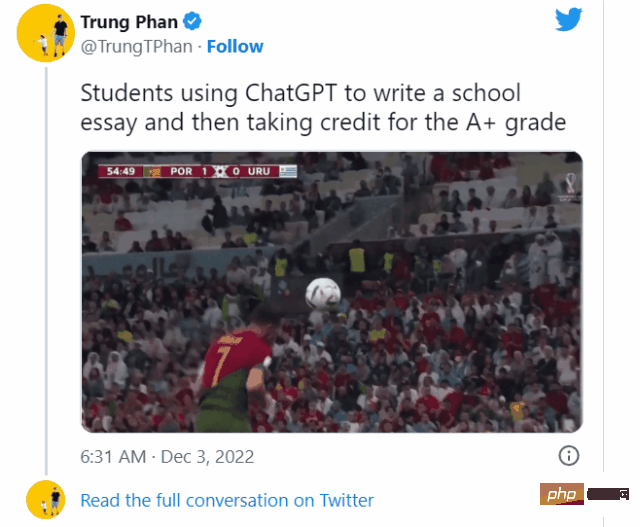
Now, due to the proliferation of ChatGPT, many universities in the United States have launched a counterattack against ChatGPT - resetting courses and taking precautions in advance!
Last month, Antony Aumann, a philosophy professor at Northern Michigan University, was teaching a world for himself When I was grading my religion course, I was pleasantly surprised to read "the best paper in the class."
In this paper, the author explores the moral significance of the burqa ban with concise paragraphs, appropriate examples, and rigorous arguments.
Yes, if you are smart, you must have guessed: this article is written using ChatGPT.
Aumann asked the student who submitted the paper whether the paper was written by him. The student admitted that the paper was indeed written using ChatGPT.
Professor Aumann was shocked.
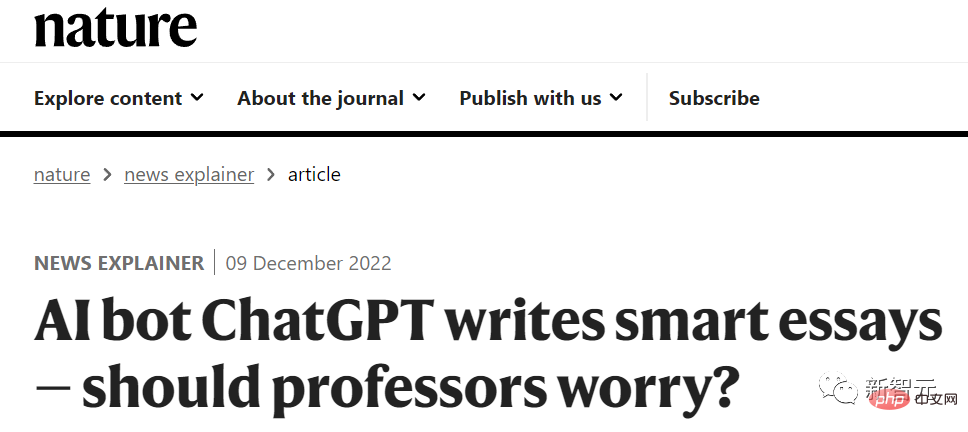
##Nature has presciently published an article a long time ago, worrying that ChatGPT will become a tool for students to write papers
Then he decided that in his class, all students must write the first draft of the paper under supervision and in a browser that restricts access to the Internet. If changes are made in subsequent drafts, students must explain the reasons for each change.
Professor Aumann is still considering that in future semesters, the paper assessment method may have to be abandoned.
However, he is also looking for other ways to consider how to integrate ChatGPT into the course, such as asking students to evaluate ChatGPT’s answers.
He envisioned the future classroom scene: in class, he would no longer say, "There are some problems here, let us humans discuss them." Instead, "Let us Guess what the AI would think?”
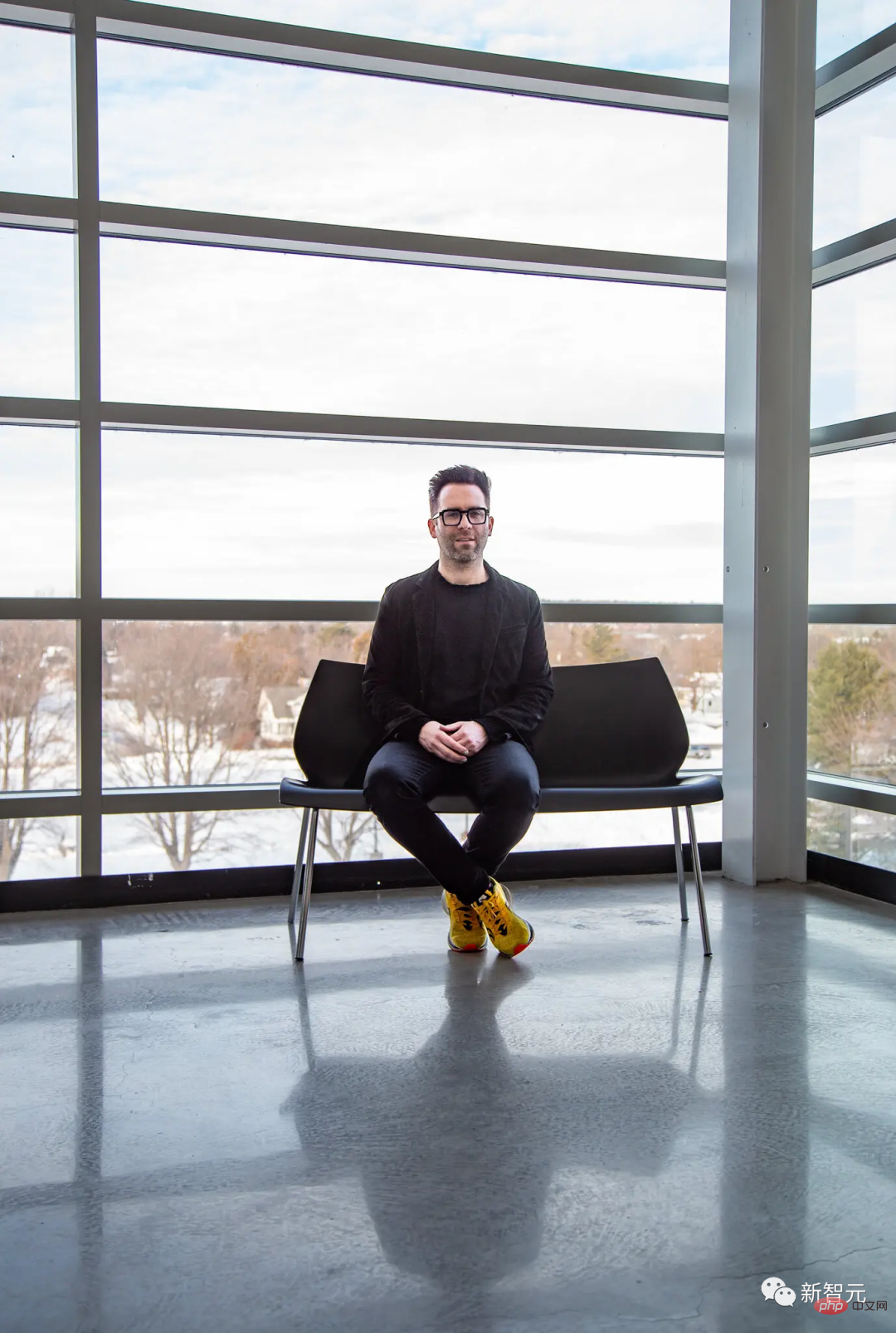
Professor Aumann’s experience is not an isolated case.
Across the United States, many university professors, department chairs, and administrators are making large-scale adjustments to their classrooms to cope with the huge impact ChatGPT has had on teaching activities.
Many professors are redesigning their courses to use more oral exams, group work and handwritten essays as assessment methods rather than essays typed out on a computer.
The entire education system is being subvertedChatGPT, released by the artificial intelligence laboratory OpenAI in November, is at the center of this storm.
With just a little prompting, ChatGPT can generate wonderfully written and elegant text.
Now, it has been used to write love letters, poetry, fan fiction...and school papers.
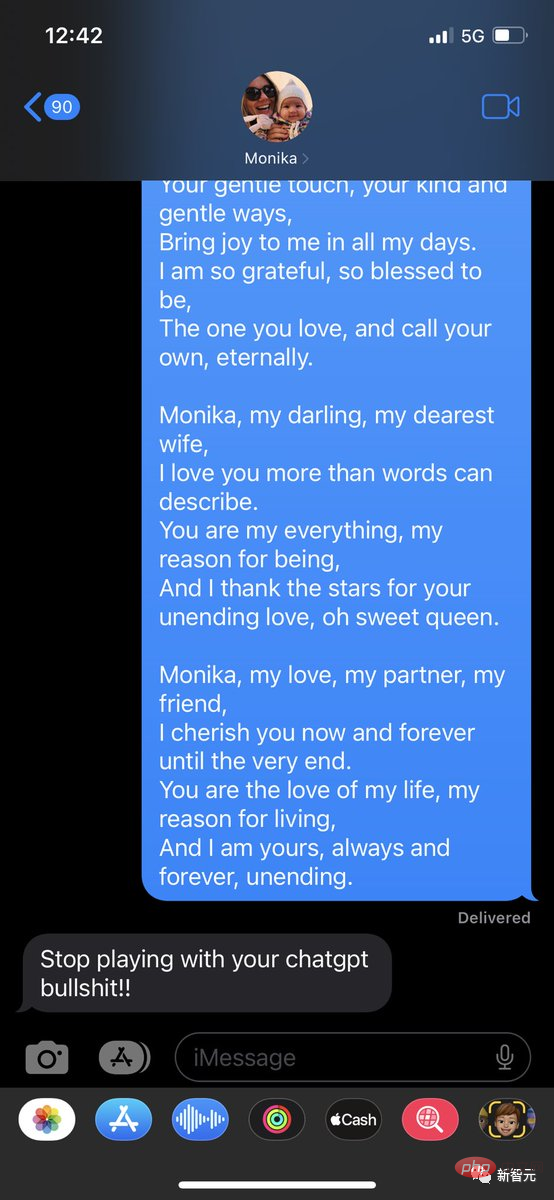
Faced with these controversies, OpenAI also responded.
A spokesperson for OpenAI said that the laboratory has recognized that ChatGPT may be used to mislead, and they are developing new technology to help people identify text generated by ChatGPT.
In order to deal with the "invasion" of ChatGPT, universities and teachers have also begun to study how to educate students to understand this new AI tool.
In many universities, ChatGPT has become the most important issue. Administrators established a working group and initiated a campus-wide discussion to discuss measures to deal with ChatGPT.

at The George Washington University in Washington, D.C., Rutgers University in New Brunswick, N.J., and Albany University in Boone, N.C. At Palachine State University, professors are phasing out take-home open-book assignments.
During the epidemic, this was originally the main evaluation method, but the emergence of ChatGPT made this method no longer reasonable.
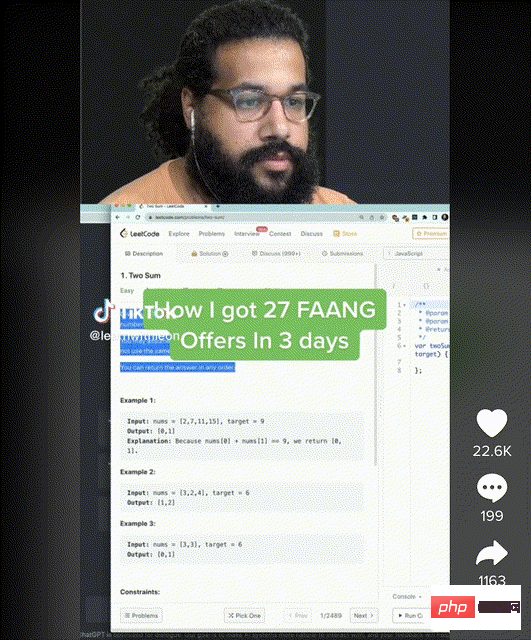
As a result, professors began to use classroom assignments, handwritten papers, group assignments, oral examinations, etc. as new assessment methods in various ways.
Now, the assignment of "write five pages about..." is gone forever.
Sid Dobrin, dean of the English Department at the University of Florida, said that students "plagiarize because the assignment is set up to be plagiarized from the beginning."
Frederick Luis Aldama, chair of the humanities at the University of Texas at Austin, said he plans to teach newer or more niche texts, such as Shakespeare’s early sonnets, rather than “Midsummer Night.” "Dream", so ChatGPT will have very little information.
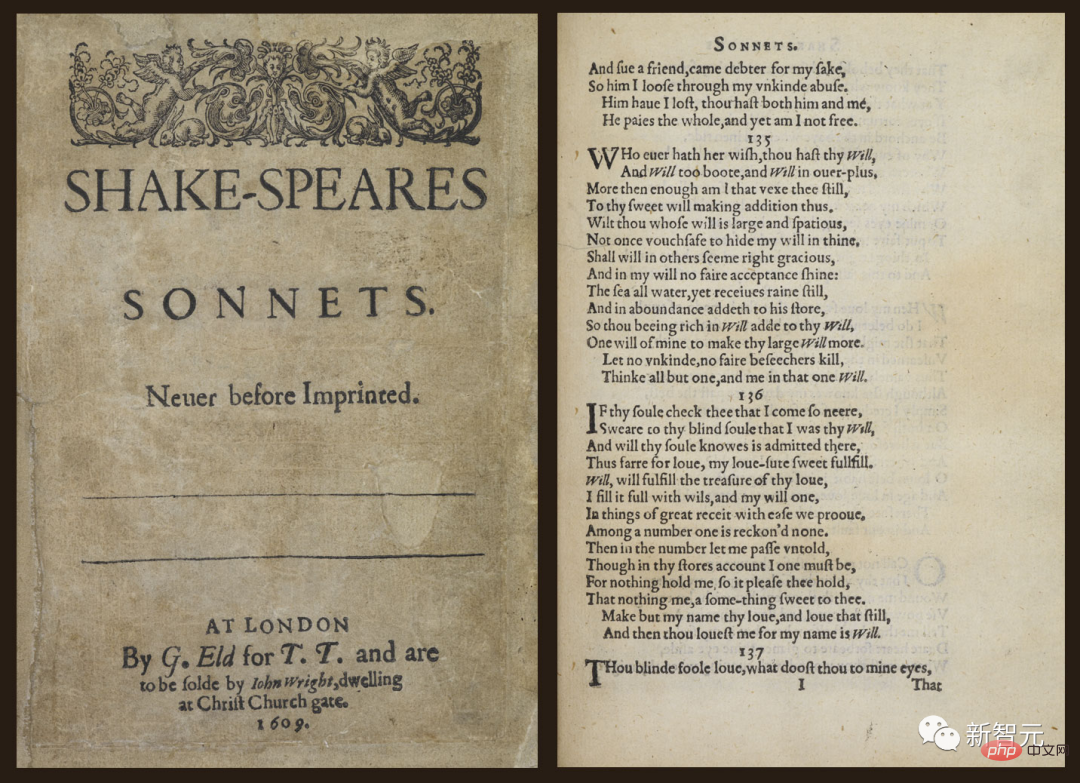
In his view, the benefit of ChatGPT is that it will encourage “those who rely on specifications and original texts to go beyond their comfort zones and look for Materials that are not available online."
Professor Aldama said that if plagiarism using ChatGPT cannot be prohibited, they will adopt stricter standards for student grading.
In his opinion, it is not enough for an article to have a thesis, introduction, supporting paragraphs and conclusion.
"We need to up our game. The imagination, creativity and innovation of A-level papers need to permeate into B-level papers."
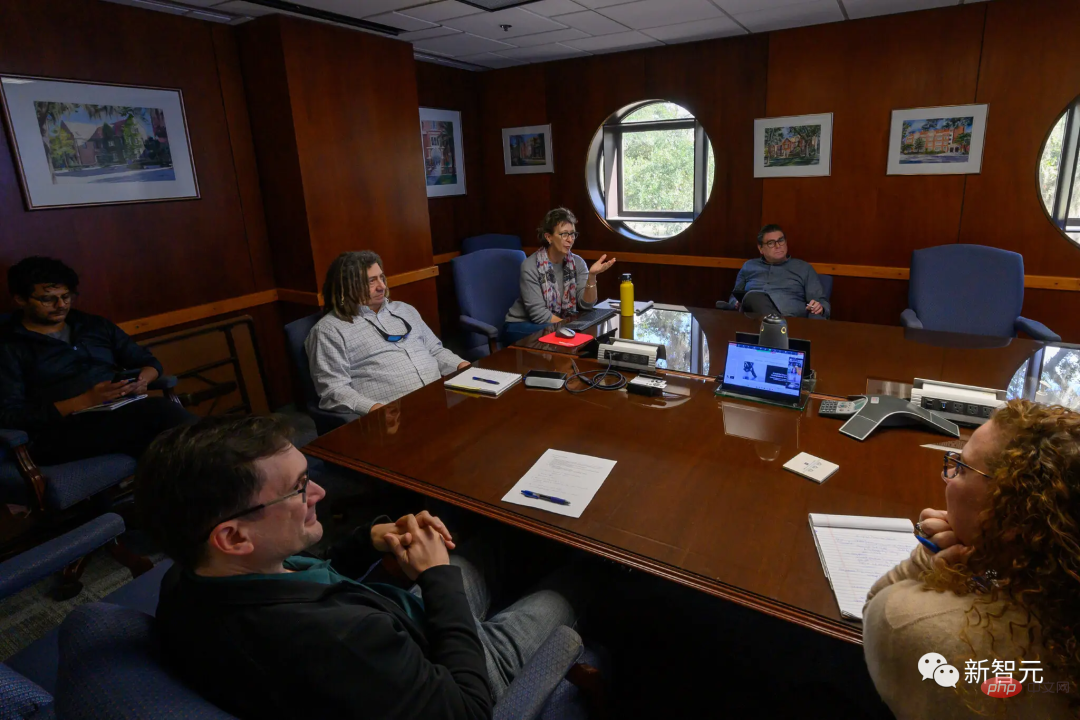
Faculty at the University of Florida recently met to discuss how to respond to ChatGPT
In addition, the University of Buffalo in New York and the State of South Carolina Furman University has stated that the school plans to add discussion of AI tools to required courses on academic integrity.
"We will present a scenario so students can see what kind of behavior is contrary to academic integrity. We want to prevent things from happening, not catch students when cheating occurs." said the director of the Office of Academic Integrity at the University at Buffalo.
At the same time, the University of Washington and the University of Vermont have also begun drafting revisions to their academic integrity policies to include “the use of generative AI” in the definition of plagiarism.
John Dyer, associate dean for enrollment services and educational technology at Dallas Theological Seminary, said he also plans to update the definition of plagiarism in the college’s honor code to include such things as “the output of AI. "Use it in your own paper".
However, the abuse of AI tools is likely to get worse, so some professors and universities say they plan to use "AI detectors" to eradicate this behavior.
The well-known plagiarism detection service provider Turnitin also said that the company expects to add more functions this year to identify AI-generated content such as ChatGPT.
Now, more than 6,000 teachers from Harvard University, Yale University, University of Rhode Island and other universities have also registered and started using GPTZero, a tool that can quickly detect AI-generated text.
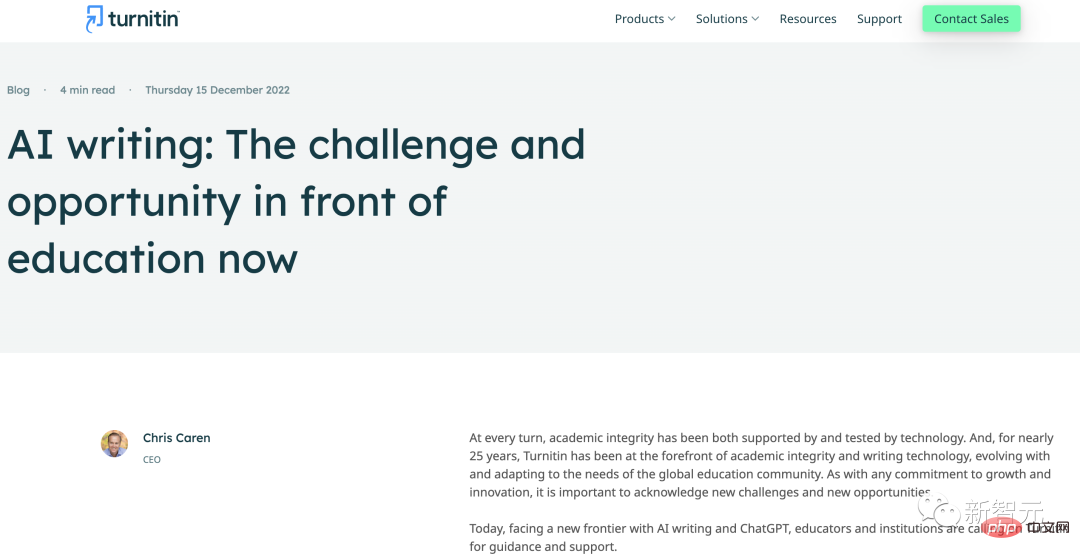
#However, there are also many universities that do not intend to ban AI tools. The reason is also very simple: I don’t want to infringe on “academic freedom.”
Joe Glover, provost of the University of Florida, said: "We will try to develop a general policy that supports faculty and staff's authority to teach courses, rather than targeting specific cheating techniques. "
He was very sure that this was not the last new thing that the school had to deal with.
Student: Some are making trouble, and some are trying
However, never underestimate the enthusiasm of human beings in "making trouble".
On Reddit, more than 130,000 members have joined the ChatGPT community.
Among them, from time to time students will share their stories of using ChatGPT to write homework.
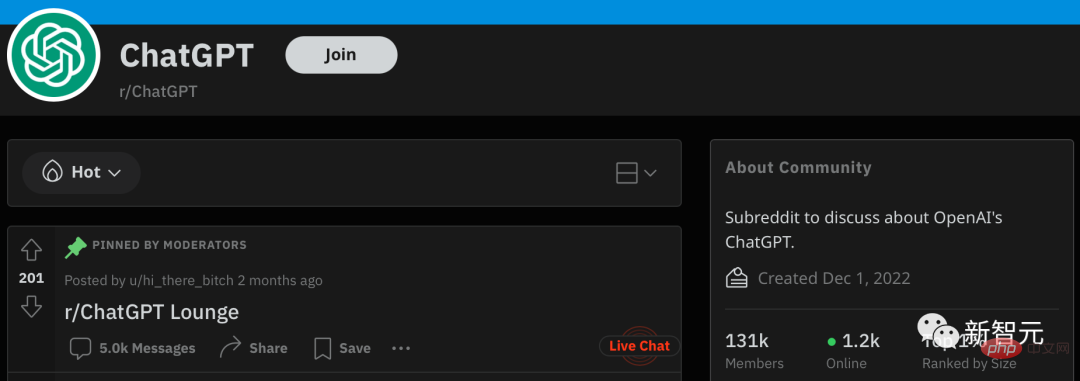
On TikTok, the number of views of the #Chatgpt tag has exceeded 645 million, and it is still growing rapidly.
Similarly, there are also videos that use ChatGPT to write papers or code to attract attention.
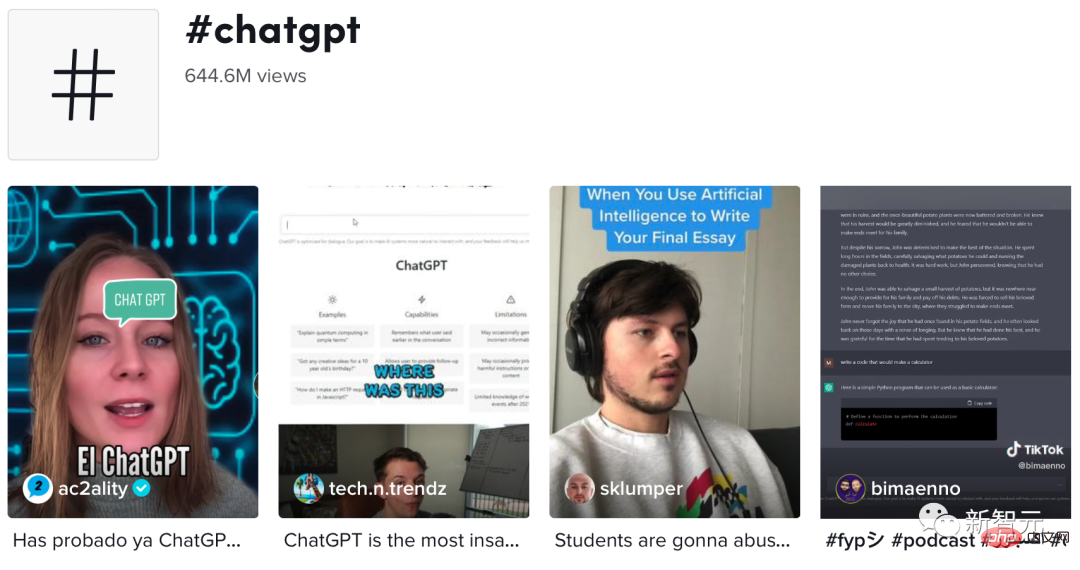
In one of the videos, a student directly threw the "entire" multiple-choice test paper to ChatGPT, and let it generate it in a swipe. got the answer.
The title of the video reads: "You are free, anyway, I just want ChatGPT to participate in my final exam. I wish you a happy study."
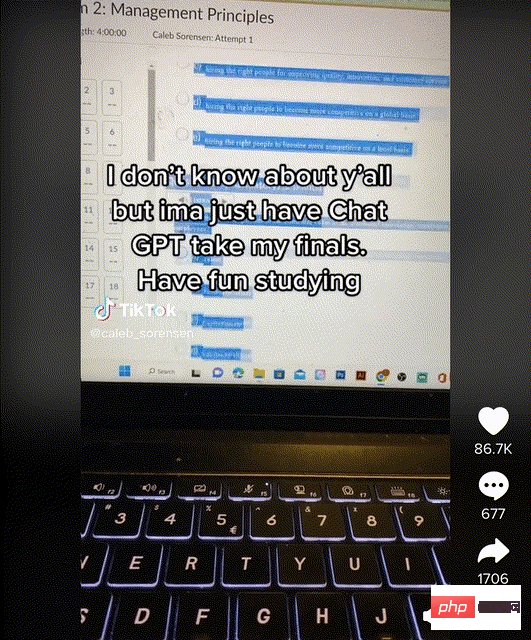
Of course, there are still many students who are cautious and try to combine ChatGPT with learning.
For example, 27-year-old Lizzie Shackney, a student at the University of Pennsylvania School of Law and School of Design, uses ChatGPT to brainstorm or debug some code when writing a paper.
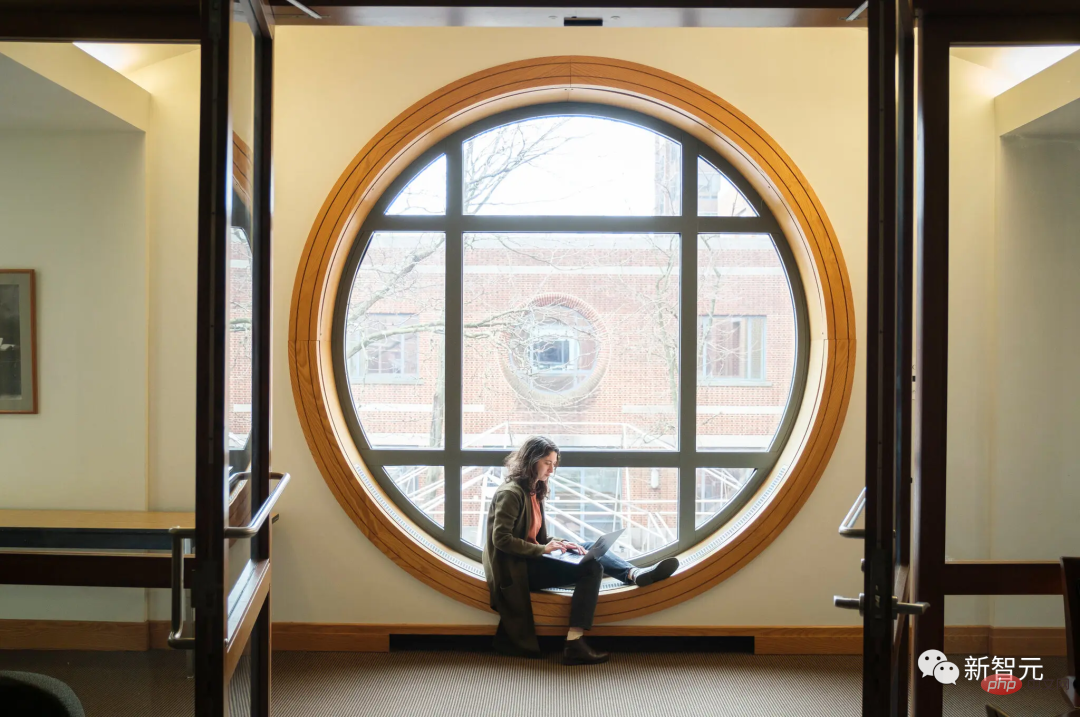
Lizzie Shackney
When it comes to computer science and statistics courses, She said: "Some disciplines don't want you to be stuck on a certain problem, as long as I can understand the meaning of the code."
However, Shackney also said that she does not want to rely too much on ChatGPT.
After all, the University of Pennsylvania has not yet formulated regulations regarding the use of ChatGPT. If the school suddenly says it wants to ban it one day, then why not just send it.
Reference: https://www.nytimes.com/2023/01/16/technology/chatgpt-artificial-intelligence-universities.html
The above is the detailed content of The student used ChatGPT to get the highest score in the class, and the professor was shocked! Universities across America launch AI counterattack. For more information, please follow other related articles on the PHP Chinese website!




